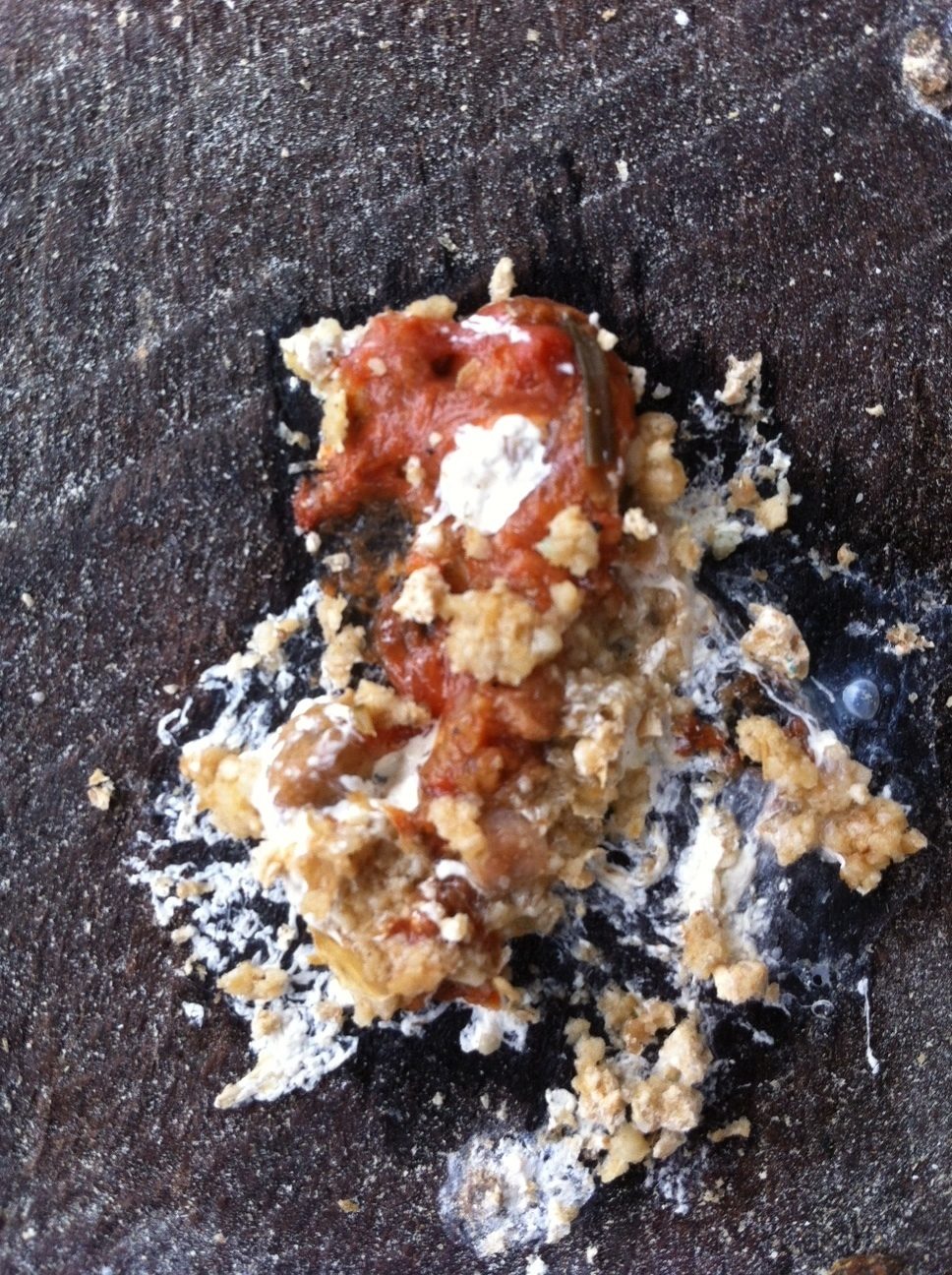Hello,
It's been 1 week and I have had 3 x 18 week old Silkies die.
The first died 48 hours after bathing them all (I did all the right things, washed them in warm water, dried them and left them inside under a heat light for 24 hours until i 100% sure they were completely dry).
The second one was found dead the following day & this morning I went into the coop to discover my 18 week old roo lying on the floor gasping for air and paralysed.
Am I right in assuming it Marek's disease?
It's been 1 week and I have had 3 x 18 week old Silkies die.
The first died 48 hours after bathing them all (I did all the right things, washed them in warm water, dried them and left them inside under a heat light for 24 hours until i 100% sure they were completely dry).
The second one was found dead the following day & this morning I went into the coop to discover my 18 week old roo lying on the floor gasping for air and paralysed.
Am I right in assuming it Marek's disease?


